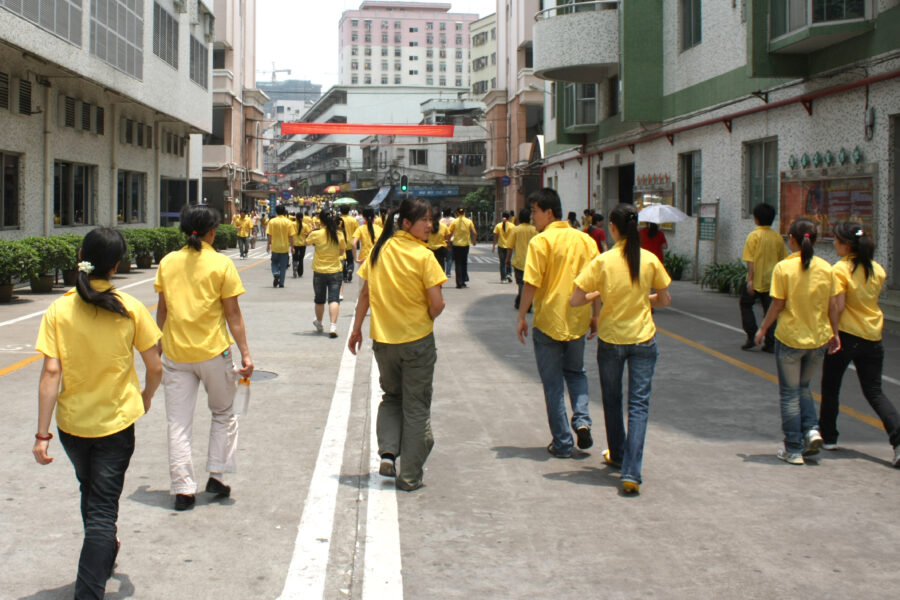
China is the world’s largest producer of new energy vehicles, dominates the global production of batteries, and will continue to do so in the near future. This report provides information on human rights and working conditions at battery and electric bus manufacturers in China relevant to Swedish public procurement of transportation services in 2022. These were BYD, CATL, Durapower, LG Chem, Panasonic, Samsung SDI, SK Innovation, and Yutong.
Political repression under Xi Jinping and Covid-19 restrictions made it increasingly difficult to collect independent information on working and living conditions in China. We mitigate this gap with a large-scale analysis of grievances and labour rights violations that workers voice online. We extracted about 1.12 million posts and analysed them through our platform Social@risk™, a framework for qualitative content analysis and quantitative trend analysis of social media data. This approach allows us to get closer to workers’ own agenda and to appreciate grievances as rights holders describe them.
For example, workers’ posts explain how take-home wages are constructed to submit workers to labour discipline and illegal rules. The core of this exploitative wage regime is a low base wage for a regular working week which is kept close to the legal minimum. As a result, workers depend on additional payments such as bonuses and subsidies, overtime work, and rewards for recruiting new workers. These components constitute 180-350% of a frontline worker’s income. They are not regulated by law and are not included in labour contracts. Each wage component is contingent on a set of rules, which are often not clearly communicated, applied discriminatorily, and at the discretion of individual managers. Changing and unreasonable demands put workers under permanent stress with devastating effects on their mental and physical health.
This research was initiated and funded by ETI Sweden and its members Skånetrafiken, Trafikförvaltningen i Region Stockholm and Västtrafik.